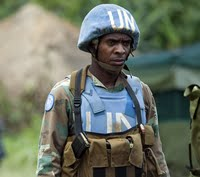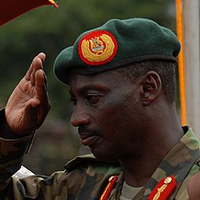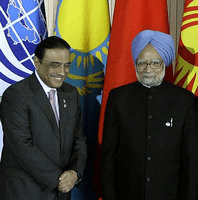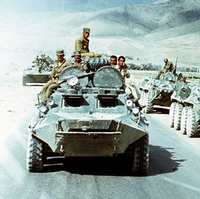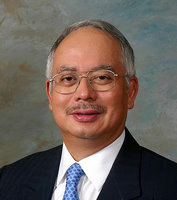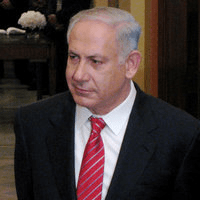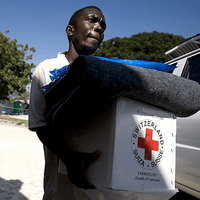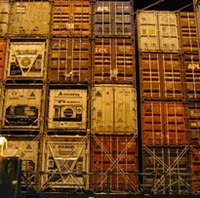
There’s no question that globalization, in its modern American form of expanding free trade, just went through its worst crisis to date. But while economists debate whether or not we in the West are collectively heading toward a 1938-like “second dip,” it’s important to realize just how myopic our fears are about the future of a world economy that America went out of its way to create, defend, and grow these past seven decades. First, no matter how severe any second dip becomes, comparing our current plight to the Great Depression of the 1930s is an exercise in profound hyperbole, […]


